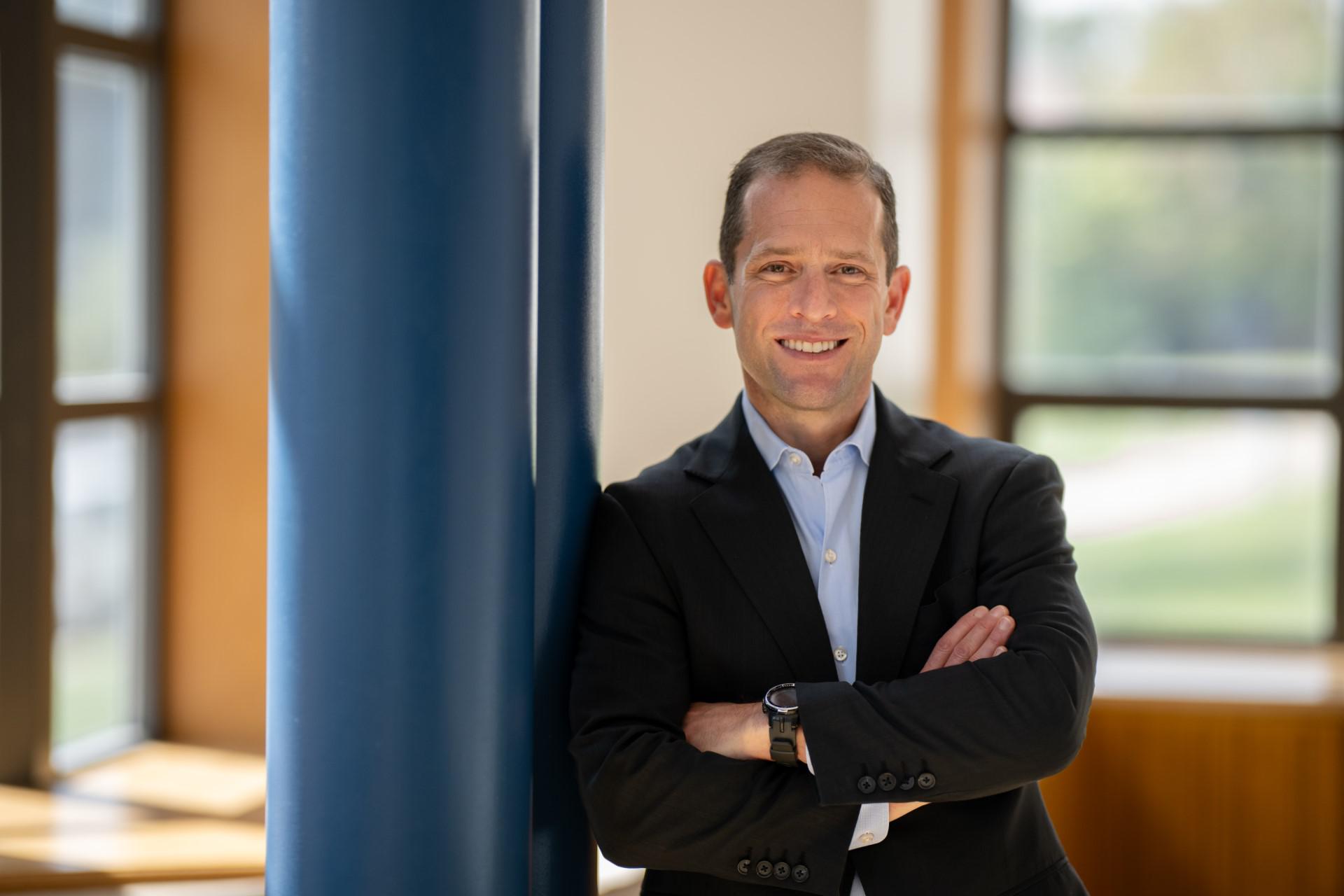Experts
Jacob N. Shapiro

Nonresident Scholar, Technology and International Affairs
About
Jacob Shapiro is a nonresident scholar in the Carnegie Technology and International Affairs Program. He is also professor of politics and international affairs at Princeton University. Shapiro co-founded and directs the Empirical Studies of Conflict Project, a multi-university consortium that studies politically motivated violence in countries around the world. He also leads Princeton’s Accelerator initiative, which is working with consortium partners on three continents to build shared research infrastructure to radically increase the pace of scientific progress on understanding the information environment.
Shapiro has published research on conflict, economic development, and security in a wide range of peer reviewed journals, as well as more than 100 policy articles, reports, and book chapters. He is author of The Terrorist’s Dilemma: Managing Violent Covert Organizations and co-author of Small Wars, Big Data: The Information Revolution in Modern Conflict. Shapiro has conducted field research and large-scale policy evaluations in Afghanistan, Colombia, India, and Pakistan. He received the 2016 Karl Deutsch Award from the International Studies Association, given to a scholar younger than 40, or within 10 years of earning a Ph.D., who has made the most significant contribution to the study of international relations.
Shapiro has advised government agencies, NGOs, and large technology companies on issues related to transparency, support to academic research, foreign malign influence, and disinformation. He earned a Ph.D. in political science and M.A. in economics at Stanford University and a B.A. in political science at the University of Michigan. Shapiro is a veteran of the United States Navy.
Affiliations
Areas of Expertise
Education
Ph.D., Stanford University, M.A., Stanford University, B.A., University of Michigan